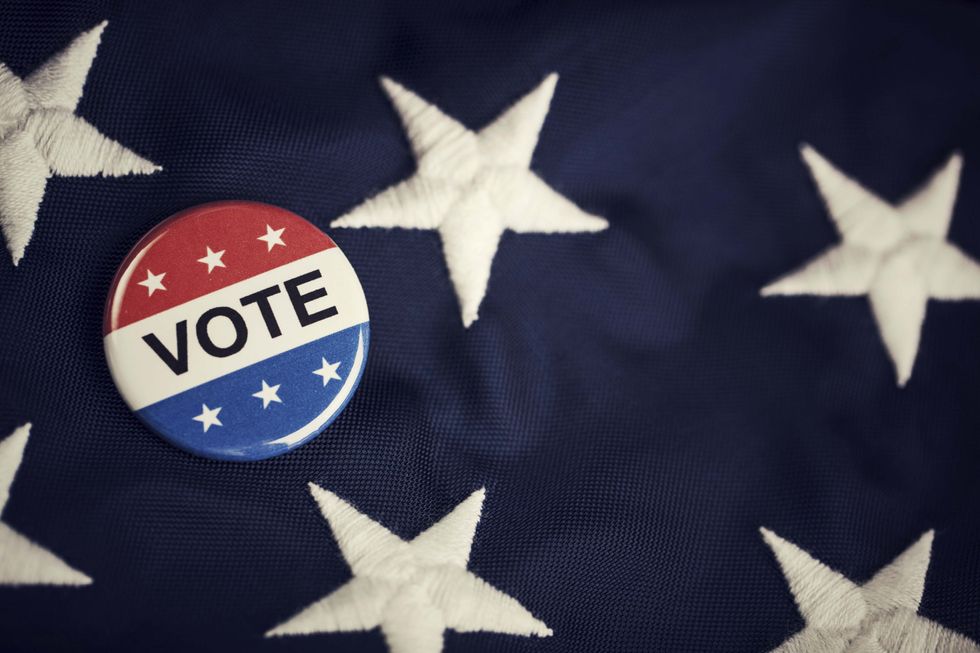In 2016, 245,502,000 people were citizens over the age of 18. In the most intense election in most of their memories, only 56% of them voted that year. This was a decrease of half a percent, according to Census Bureau data. For comparison, Italians, who had a choice among three right-wing parties, two of which with ties to corrupt politicians, turned out at a 59% rate. Americans have seen declining voter turnout since at least the 1960s. All of the presidential elections in that decade saw turnout of over two-thirds; the average since 2000 was 56.7%.
At the same time, ironically, Americans have grown increasingly partisan and hard-line. Since the 1990s, the share of the population identifying themselves as “consistently liberal” or “consistently conservative” has grown, according to the Pew Research Center. Plenty of research has demonstrated how Congress has voted on fewer and fewer bipartisan measures over the last half-century.
In spite, or perhaps because, of the tensions created by the most politically engaged Americans, the few who still make up the center seem to have become less willing to tune in to the discussion. This phenomenon has become especially notable in the Trump administration; as liberals rally around Democrats who will stand up to the president and conservatives vocalize their support or distinguish themselves in opposition, moderates have retreated into the comfort of Facebook recipe videos and complaints about homework.
Maybe this response is fair. After all, the American Psychological Association found that nearly half of Americans experienced significant stress as a result of the election. Overall average stress also rose in January 2017. It is comforting to simply act like the election didn’t happen and pretend that the actions of 535 decision-makers has no effect on one’s daily life.
This option is not acceptable, however, because the reasoning behind it is flawed. The election did, obviously, happen. And while the Strengthening Aviation Security Act of 2018 won’t necessarily register on everybody’s radar, it is important to know about things like the trade war with China that President Donald Trump might or might not have started that will probably raise prices on everyday items and cost American jobs.
The view that political disengagement is destructive isn’t new. Another Odyssey writer spoke about it last week in an article. But most of the conversation around apathy focuses on how minorities and other disadvantaged groups are somehow impacted as though they need other people to speak for them. There is too little consideration how the political discourse is impacted when two-fifths of the country doesn’t vote, and fewer still pay attention to what’s going on in between elections.
The whole point of a democracy is that everyone’s opinion is taken into account. This applies both to voting and to the shaping of policy to public opinion. This does require, however, that citizens be informed about issues and take a sensible position on them. In an ideal system, all citizens are allowed to vote, and in return, they seek out the resources to understand the topics of the day and form coherent arguments over these topics. The disconnect in our current political climate is that there are those who would rather not be informed because it’s far too stressful and complicated.
After the founding of this country, voting was restricted to 21-year-old white males who owned property. The political elites at the time feared that opening the franchise to too many people would lead to chaotic government led and mob rule. Today, they would be shocked to find that the mob cannot be bothered to download the CNN app or Google their polling location.






















